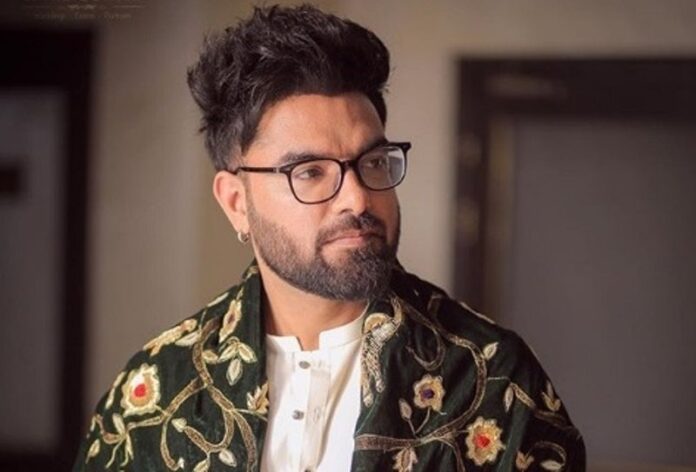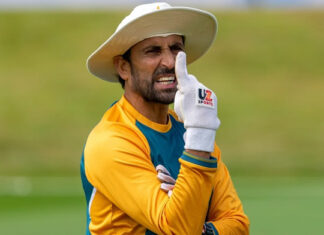Yasir Hussain is no stranger to censorship and how it affects an actor’s work. After the nationwide ban of his film Javed Iqbal: The Untold Story Of A Serial Killer, the actor is very vocal about his disdain toward censorship and how it stops the media from telling stories that matter.
In a recent podcast with Junaid Akram, Hussain talked about Saim Sadiq’s Joyland, which made waves at this year’s Cannes Film Festival. He mentioned how Pakistan’s censor board won’t support unconventional stories as such, which in turn would adversely affect the local entertainment industry.
“Is this a joke? These people are giving standing ovations to your work. Now show me how this film will release in Pakistan, because it won’t. Why? Because the film is about a married man falling in love with a transgender [person]. It’s a story, it doesn’t mean you’re promoting it,” he said.
READ: Sajal Aly at her best in the first look of What’s Love Got To Do With It
He also added how it’s about time we shift the narrative and move past run-of-the-mill rom-coms that the industry seems to be churning every chance it gets.
“For how long will your stories remain rom-coms? [How long will] a hero do comedy, impress the heroine, they’ll sing songs, they’ll fight, there will be a speech at a wedding and the hero will come out in a typical Ranbir Kapoor shot? How long will that go on for?” he questioned.
He talked about his own film Javed Iqbal, and how much excited people because it was an unconventional story. But as long as the idea of such an incident cannot be accepted, stories like this cannot be portrayed in the media. “As long as there’s no acceptance, a certain type of movies or content can’t be made. Censorship needs to be fixed. Across the world, being ‘censored’ means that this thing of yours can’t be watched by a certain age group and then it is granted a licence. It doesn’t mean that after adding beep beep beep you cancel the premiere,” he said.
Lastly, Hussain shared his grievances over how unfair it is for the actors work to not be displayed in the country it’s made for, despite getting international recognition. Watch the entire podcast below.

















